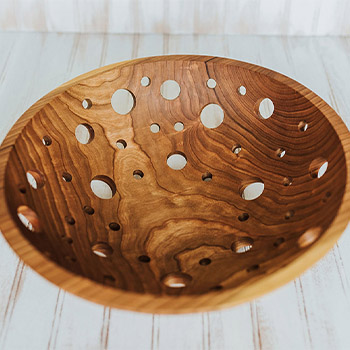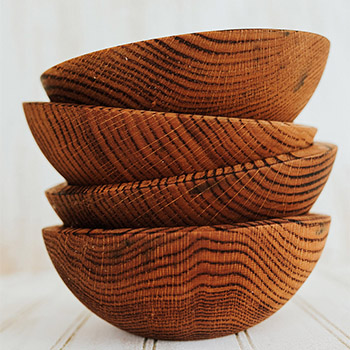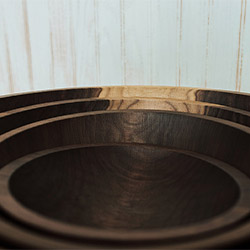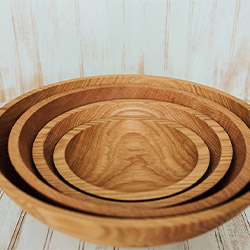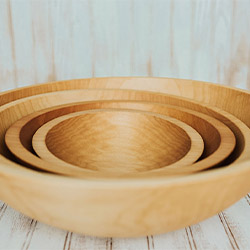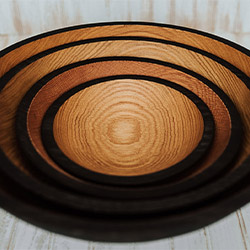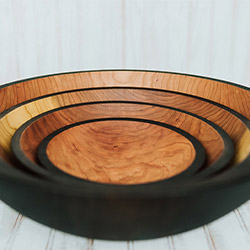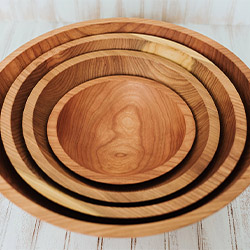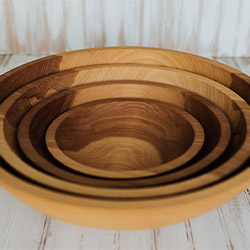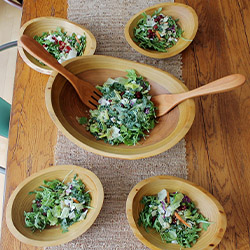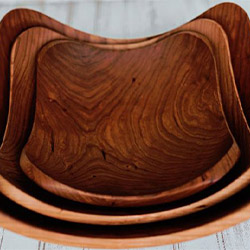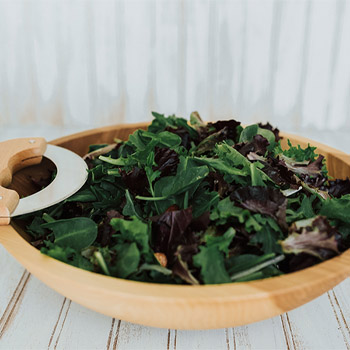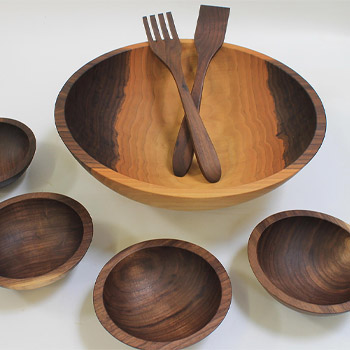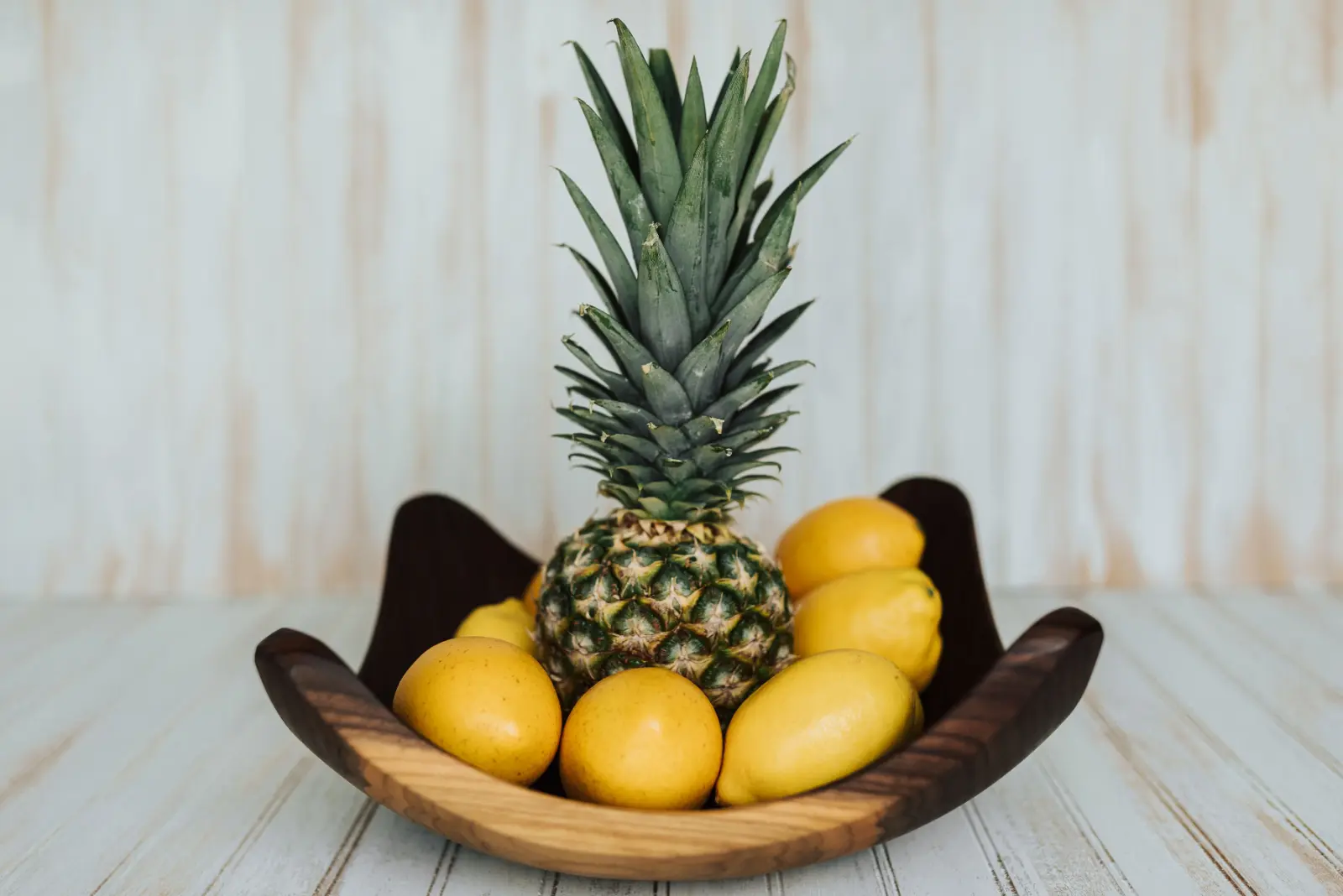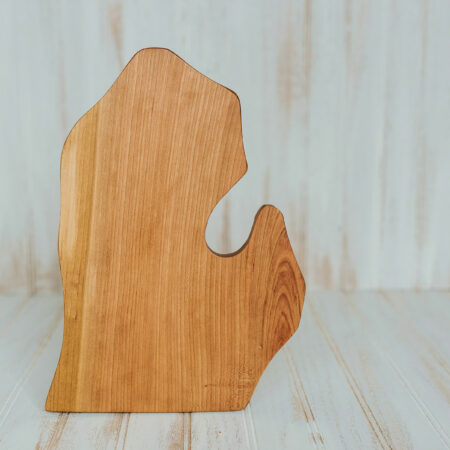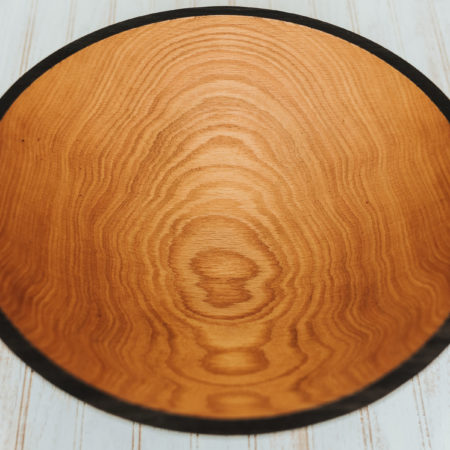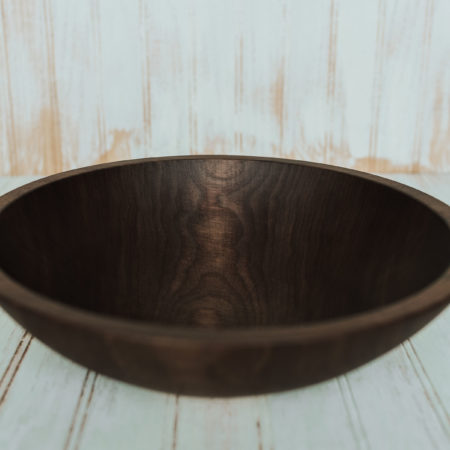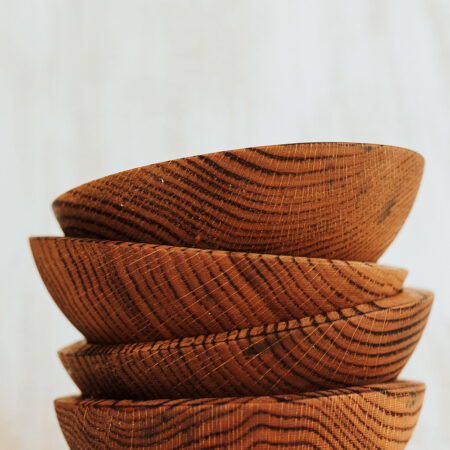When it comes to crafting the perfect handmade salad bowl, you want to ensure that you choose the finest wood that will bring out the natural beauty of your culinary creations.
There are several top wood choices that are both aesthetically pleasing and functional. From the rich tones of walnut to the timeless elegance of maple, each wood brings its own unique characteristics to the table.
However, there is one wood in particular that stands out among the rest, captivating both chefs and diners alike. Curious to know which wood it is? Well, let’s just say it adds a touch of Mediterranean charm to your salad experience.
Key Takeaways
- Walnut wood is a durable and resistant choice for handmade salad bowls, with a rich, dark color and unique grain patterns that add character.
- Maple wood is a long-lasting and moisture-resistant option, offering versatility and timeless beauty that may darken over time.
- Cherry wood provides both durability for daily use and beautiful grain patterns, with a natural reddish-brown color that deepens over time.
- Beech wood is a versatile choice that adapts to different styles and aesthetics, with warm tones and a smooth, even grain that makes carving effortless.
Walnut
Walnut is a popular choice for handmade salad bowls due to its rich, dark color and durable nature. When you choose a walnut salad bowl, you aren’t only opting for a practical and functional piece, but you’re also embracing a sense of belonging.
The warm, earthy tones of walnut create a welcoming ambiance, making it the perfect addition to your dining table. It exudes elegance and sophistication, instantly elevating your dining experience.
One of the key reasons walnut is favored for salad bowls is its durability. Walnut wood is known for its strength and resistance to warping or cracking, ensuring that your salad bowl will withstand the test of time. This durability gives you a sense of security and reassurance, knowing that your walnut salad bowl will remain intact and reliable, even after years of use.
Furthermore, walnut wood offers unique patterns and grains that add character and depth to your salad bowl. Each piece of walnut has its own distinct markings, making your salad bowl truly one-of-a-kind. By choosing a walnut salad bowl, you’re expressing your individuality and personal style while still feeling a sense of belonging to a community that appreciates the beauty of natural materials.
In addition to its aesthetic appeal, walnut is also a sustainable choice. It’s a renewable resource, making it an environmentally friendly option for those who are conscious of their impact on the planet. By selecting a walnut salad bowl, you’re aligning yourself with a community that values sustainability and responsible consumption.
Maple
As you explore different wood choices for handmade salad bowls, consider the versatility and timeless appeal of maple. Maple wood is a popular choice for salad bowls due to its durability, aesthetic appeal, and ability to withstand frequent use. Its light color and smooth grain make it a versatile option that can complement any kitchen decor. Let’s take a closer look at the characteristics of maple wood and why it is an excellent choice for your handmade salad bowls.
| Pros |
Cons |
| Durable and long-lasting |
It can be more expensive than other wood options |
| Resistant to moisture and staining |
Requires regular maintenance to preserve its beauty |
| Easy to clean and maintain |
It can be prone to scratches and dents |
| Versatile and timeless beauty |
May darken over time with exposure to sunlight |
Maple wood is known for its strength and durability, making it a reliable choice for salad bowls that will be used regularly. It is resistant to moisture and staining, ensuring that your salad bowl will remain in excellent condition for years to come. Additionally, maple wood is easy to clean and maintain, allowing you to enjoy your salad bowl without any hassle.
One of the standout features of maple wood is its versatility and timeless beauty. Its light color and smooth grain make it a perfect match for any kitchen decor, whether it be modern, rustic, or traditional. The natural beauty of maple wood adds a touch of elegance to your salad bowls, making them not only functional but also visually appealing.
While maple wood may be slightly more expensive than other wood options, its durability and aesthetic appeal make it a worthwhile investment. With regular maintenance, such as oiling and polishing, maple wood can retain its beauty for many years.
Cherry
Next, let’s delve into the rich qualities of cherry wood for handmade salad bowls. Cherry wood is a popular choice for salad bowls due to its unique characteristics that add a touch of elegance and warmth to your dining experience. Here are three reasons why cherry wood is a great choice for your handmade salad bowl:
- Beautiful Grain Patterns: Cherry wood is known for its stunning grain patterns, ranging from straight to wavy. These unique patterns give each salad bowl a distinct and eye-catching appearance. The natural reddish-brown color of cherry wood deepens and becomes richer over time, further enhancing the beauty of your salad bowl.
- Durability: Cherry wood is a hardwood that’s known for its strength and durability. It can withstand the rigors of daily use and maintain its original shape and form for years to come. This ensures that your salad bowl will continue to serve you well, even with frequent use.
- Resistance to Moisture: Cherry wood has a natural resistance to moisture, making it an ideal choice for salad bowls. This resistance helps prevent warping, cracking, and splitting, ensuring that your salad bowl remains in excellent condition, even when in contact with liquids.
Beech
Beechwood offers a distinct and versatile option for handmade salad bowls. Its warm and inviting tones create a sense of belonging in any kitchen. The smooth and even grain of beech allows for effortless carving and shaping, making it an ideal choice for artisans and craftsmen looking to create unique and personalized salad bowls.
When you choose beech wood for your salad bowl, you aren’t only selecting a durable and long-lasting material but also embracing a rich tradition. Beech has been used in woodworking for centuries, and its popularity continues to grow due to its timeless appeal. By incorporating beech into your kitchen, you’re connecting with a legacy of craftsmanship and artistry.
One of the standout qualities of beech wood is its ability to adapt to different styles and aesthetics. Whether you prefer a rustic look or a more modern and sleek design, beech can effortlessly complement any kitchen decor. Its neutral color allows it to blend seamlessly with other materials, such as glass or ceramic, creating a harmonious and inviting atmosphere.
In addition to its aesthetic appeal, beech wood is also highly functional. It’s known for its resistance to moisture and warping, making it an excellent choice for salad bowls that will be used regularly. Beechwood is also naturally antibacterial, ensuring that your salad remains fresh and safe to eat.
Olive
The rich and distinctive grain of olive wood makes it a unique and sought-after choice for handmade salad bowls. If you’re someone who desires a sense of belonging in the world of handmade crafts, then olive wood is the perfect choice for you. Here are three reasons why olive wood is a top wood choice for salad bowls:
- Beauty: Olive wood’s grain pattern is truly one-of-a-kind. Its warm, honey-toned hues and intricate swirls create a visual feast for the eyes. When you have an olive wood salad bowl on your table, it becomes a centerpiece that adds a touch of elegance and sophistication to any meal.
- Durability: Olive wood is known for its exceptional strength and durability. It can withstand the rigors of everyday use, making it a practical choice for salad bowls. You can toss your salads with confidence, knowing that your olive wood bowl will last for years to come.
- Sustainability: Olive wood is an eco-friendly choice for salad bowls. It’s harvested from olive trees that have reached the end of their productive life, ensuring that no trees are cut down solely for their wood. By choosing olive wood, you contribute to the conservation of the environment and support sustainable practices.
Summary
So there you have it, the top wood choices for crafting beautiful handmade salad bowls.
Walnut, Maple, Cherry, Beech, and Olive are all fantastic options that can add a touch of elegance and functionality to your dining experience.
Did you know that Walnut is the most popular choice among woodworkers, accounting for 40% of all handmade salad bowls? Its rich tones and natural durability make it a top favorite in the woodworking community.

